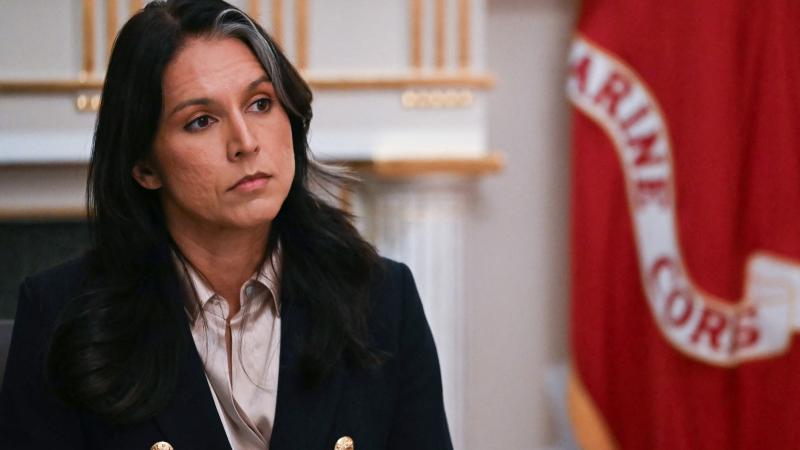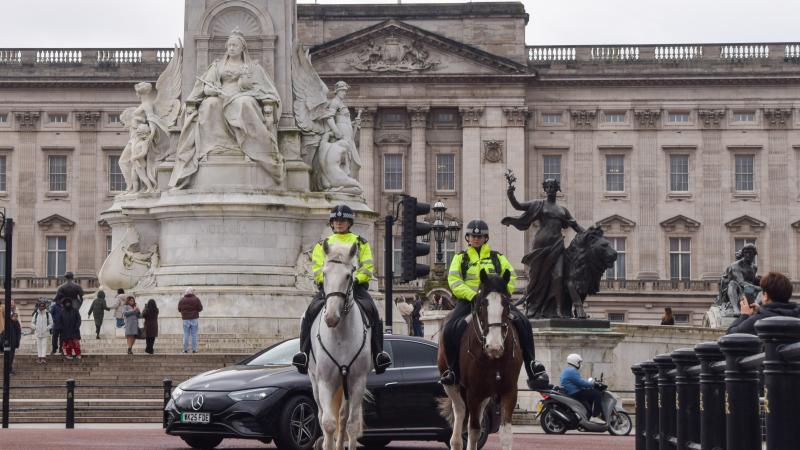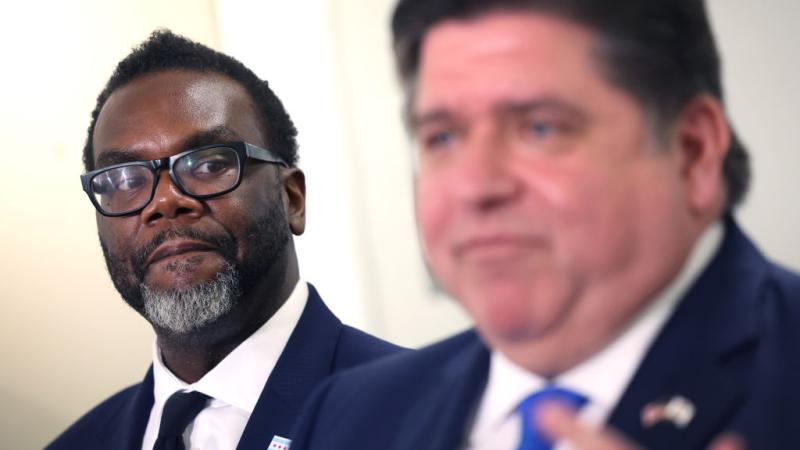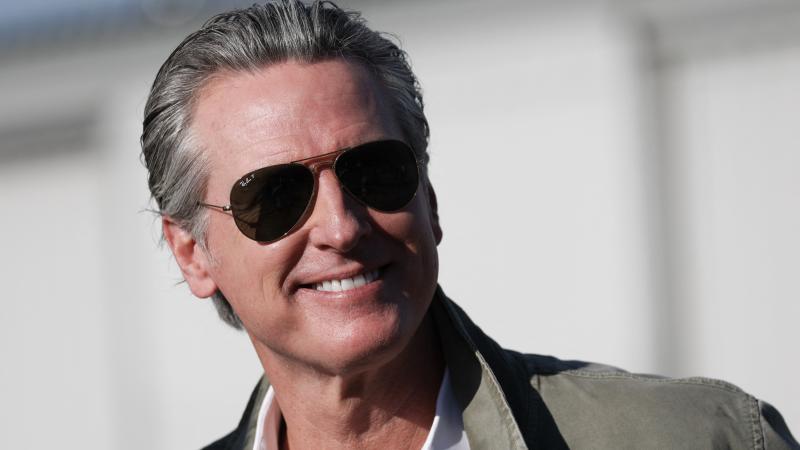New Year's Standoff: Biden doesn't want a Ukraine invasion, Putin opposes NATO nearby
Biden-Putin phone call set agenda for January security summits they won't attend,
In a lead-up to international security meetings set for January, the American and Russian presidents have set the stage for negotiations aimed at de-escalating tensions over Ukraine.
Their bottom lines are clear: the U.S is gravely concerned about Moscow’s amassing of troops on the Ukraine border while Russia doesn’t want to see NATO expand further into its sphere of influence.
The forthcoming engagements will be held in Geneva. They were scheduled amid heightened tension and rhetoric surrounding Russia, Ukraine, and NATO, with the international community particularly focused on the large numbers of Russian troops that are massed on the border with Ukraine.
The summits include a U.S.-Russia security meeting on Jan. 9-10; a Russia-NATO meeting on Jan. 12; and a U.S.-Russia-European session on Jan. 13.
The leaders of the United States and Russia will not attend the January gatherings, officials said.
"President Biden and President Putin are not expected to participate in the talks in Geneva," a senior administration official told reporters Wednesday at the White House.
"We are coordinating very closely with our allies and partners on the agendas for each of these sessions," the official said. The issues include arms control, along with offensive systems and capabilities, the official said.
The agenda also features the increasingly prominent question of whether Russia will invade Ukraine; and if so, how the U.S. and NATO plan to respond.
"We have coordinated with our allies to impose severe sanctions on the Russian economy and financial system, far beyond what was implemented in 2014," when Russia wrested Crimea from Ukraine.
"We have made plans to reinforce NATO’s force posture in Allied states in the event of a further invasion, which would destabilize the security situation in Europe and demand adjustments to NATO forces and capabilities, especially on the eastern flank," the official said.
The United States also is "prepared to provide Ukraine with further assistance to defend its territory and respond to a potential Russian occupation should a further invasion proceed in the coming weeks," the official noted.
With those and other issues looming for lower-level envoys to discuss, Putin asked to speak in advance directly to Biden. A phone call was arranged for mid-afternoon Dec. 30 in Washington, D.C., coinciding with 11:30 p.m. local time in Moscow.
In what could be taken as a sly jab at the 79-year old Biden - who often is skewered in the U.S. press for seemingly geriatric behavior - the Kremlin noted that the 10-years younger Putin was not phased by the late hour.
"The timing is okay given the [time zone] difference," Putin's spokesman Dmitry Perskov told reporters in Moscow. "There is no problem, you know that the late hours have never been a problem for the Russian president, particularly because oftentimes, he continues to actively work this late at night."
After a nearly one-hour conversation, the White House and the Kremlin issued respective readouts on the call, signaling what they see as primary points for discussion at the forthcoming January summits.
Putin's foreign policy advisor, Yuri Ushakov, on Thursday told Russian journalists that Biden pledged to withhold offensive weapons from Ukraine.
“Biden made it clear that the US does not intend to deploy offensive strike weapons in Ukraine,” Ushakov said. And, he noted, Putin warned Biden not to escalate sanctions against Russia.
Biden, for his part, urged Putin not to escalate tensions with Ukraine.
"He made clear that the United States and its allies and partners will respond decisively if Russia further invades Ukraine," White House press secretary Jen Psaki said in a statement. "President Biden also expressed support for diplomacy, starting early next year" with the forthcoming summits, she said. "President Biden reiterated that substantive progress in these dialogues can occur only in an environment of de-escalation rather than escalation."
The summits aim to produce "meaningful understandings" between Russia and the U.S., NATO, and Ukraine, the senior administration official said.
"That can really only happen, practically, in an environment in which we’re seeing de-escalation, in which the situation is being alleviated, not one in which it’s being exacerbated," the official said.
At core is what Russia plans to do with its estimated 120,000 troops that are stationed along the border with Ukraine.
Said the official: "In terms of what’s actually happening at the border right now, you know, I would simply say that we continue to be gravely concerned about the nature of the Russian troop presence there and the capabilities that they have."















